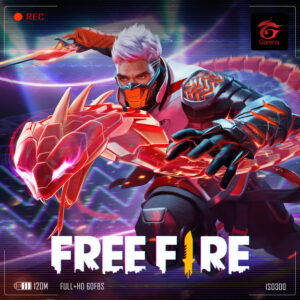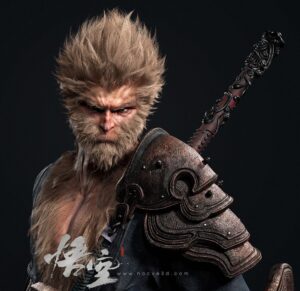A Dose of Reality: The Best Open-World Games That Don’t End Happily Ever After
Popular Now
 Fortnite
Fortnite
 Call of Duty
Call of Duty
 Candy Crush Saga
Candy Crush Saga
 Among Us
Among Us
 League of Legends
League of Legends
 Stumble Guys
Stumble Guys
 NBA 2K24
NBA 2K24
 Auto X Drift Racing 3
Auto X Drift Racing 3
 Warframe
Warframe
 Gacha Club
Gacha Club
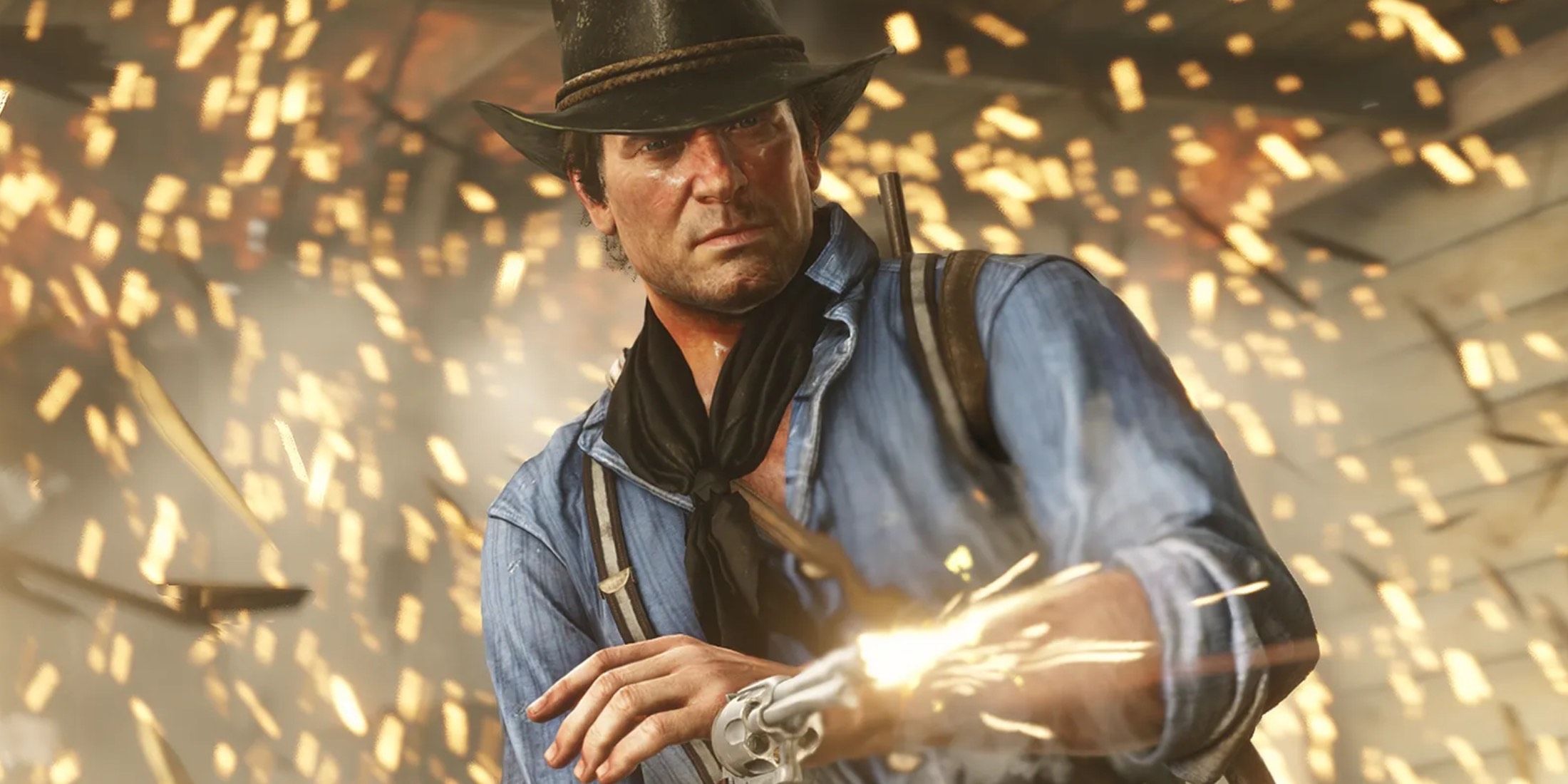
While many open-world games promise a heroic journey that culminates in a glorious victory and a happy ending, a different class of titles dares to challenge this convention. These games use their vast, explorable worlds not as a canvas for a fairy tale, but as a backdrop for a narrative soaked in tragedy, sacrifice, or bleak realism. They remind us that not all stories are about riding off into the sunset. Instead, some of the most impactful open-world experiences are those that leave us with a sense of melancholy, loss, or a profound understanding of the world’s unforgiving nature.
These titles prove that an “unhappy ending” is not a failure of storytelling, but a powerful narrative tool. They stick with us long after the credits roll, forcing us to grapple with the consequences of our choices and the heavy themes they explore. Here are some of the best open-world games that subvert our expectations and deliver a truly memorable, and often devastating, conclusion.
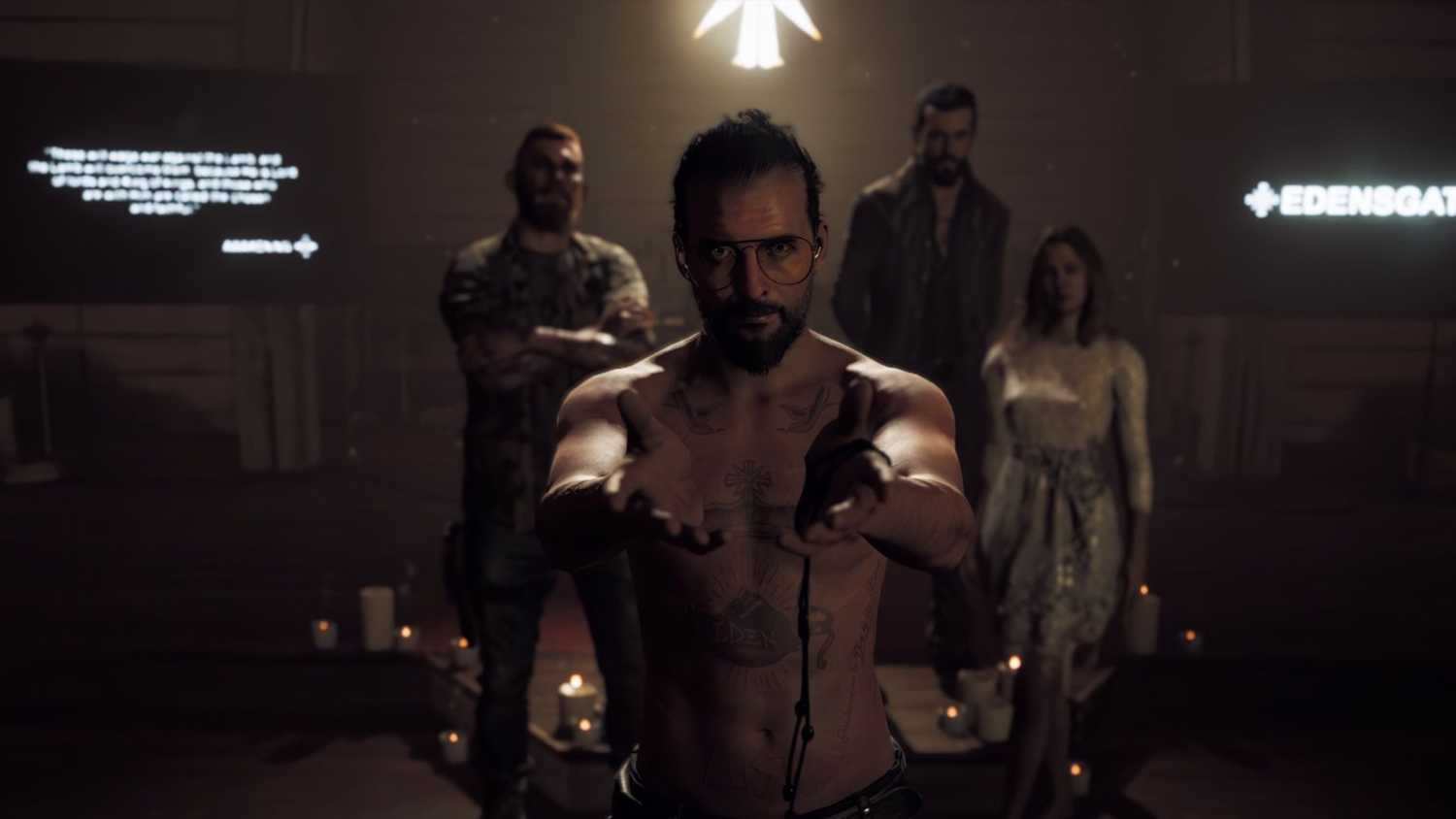 1. Red Dead Redemption 2
1. Red Dead Redemption 2
No list of tragic open-world games is complete without Red Dead Redemption 2. Rockstar’s masterpiece is a slow, methodical burn that beautifully builds a world and its characters, only to tear them apart in a gut-wrenching finale. As Arthur Morgan, a loyal outlaw in the dying days of the Wild West, players are on a journey that is fundamentally about the end of an era. The game’s vast, beautiful world of rolling hills and dusty plains feels alive, but it’s a world destined for extinction.
The story’s tragic arc is sealed with Arthur’s diagnosis of tuberculosis, which sets him on a path of self-reflection and, for many players, redemption. Regardless of whether you play with high honor or low honor, Arthur’s fate is sealed. His final moments, whether he’s watching the sunrise on a mountaintop or getting a bullet to the head, are a powerful testament to the inevitability of change and the futility of fighting a battle that is already lost. The game’s epilogue, which follows an older John Marston, only serves to amplify the tragic legacy of Arthur’s sacrifice.
2. Ghost of Tsushima
Sucker Punch’s samurai epic, Ghost of Tsushima, is a visually stunning game that presents a powerful dichotomy between honor and necessity. As Jin Sakai, a samurai warrior, you must abandon your code and become the “Ghost” to save your home from the Mongol invasion. The open-world of feudal Japan is breathtakingly beautiful, but it’s also a world of war-torn villages and the brutal consequences of a moral dilemma.
The game’s conclusion is a gut punch, regardless of which of the two endings you choose. In the final moments, Jin Sakai must face his own uncle, Lord Shimura, in a duel. Your choice to either spare him or kill him is a deeply emotional one. No matter what, you lose. You either kill the man who raised you or you force him to live with the shame of your actions. Either way, Jin is forever an outcast, a “Ghost” without a home, a hero to the people but a traitor to his family and his code. The game is a powerful reminder that some victories come at an unbearable cost.
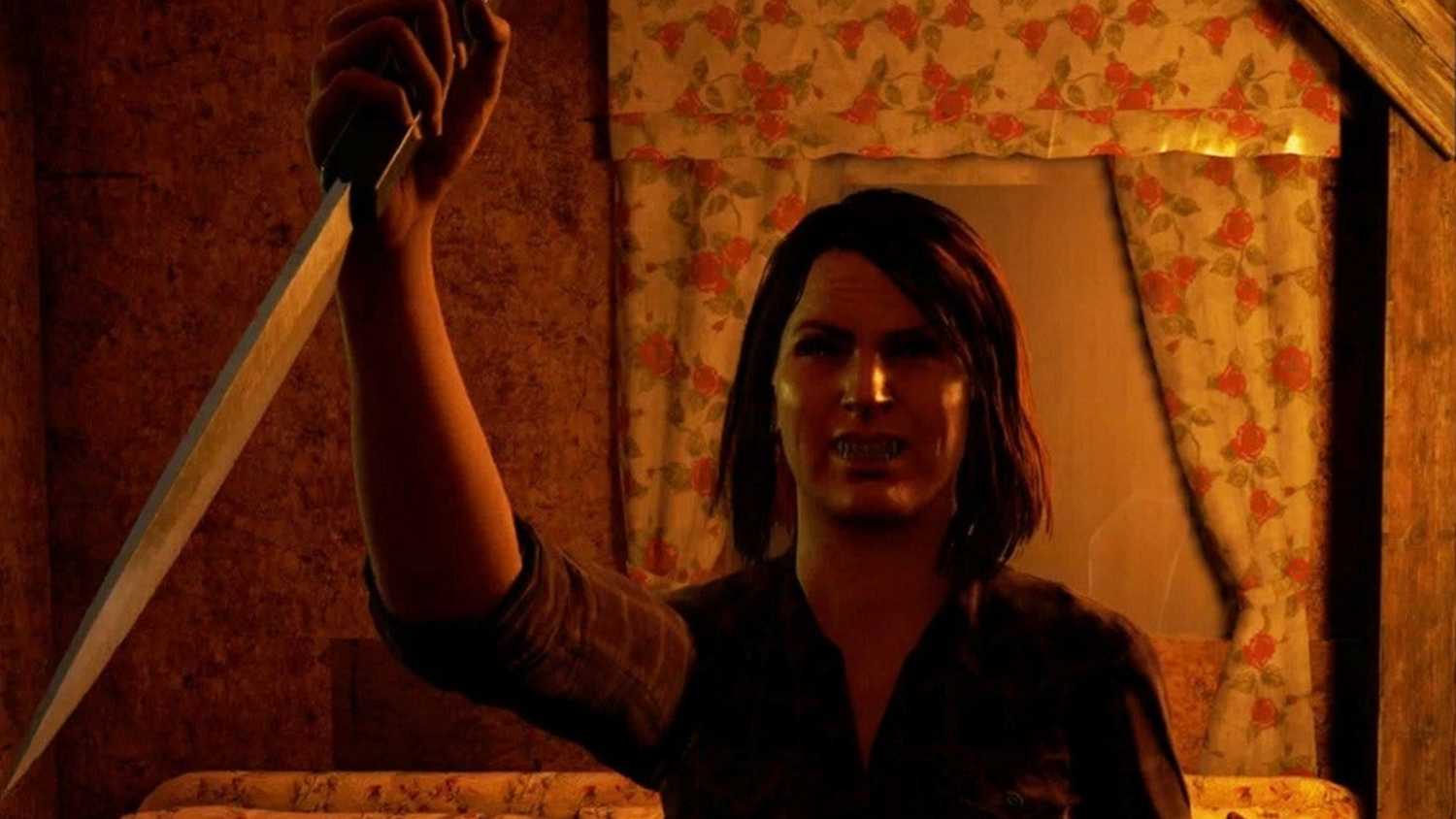 3. Cyberpunk 2077
3. Cyberpunk 2077
Cyberpunk 2077‘s ending, particularly in the base game, is a masterclass in nihilism. From the moment V gets a biochip with the digital consciousness of Johnny Silverhand, the game’s themes of mortality and identity take center stage. The open world of Night City is a beautiful, sprawling testament to a future of corporate greed and human decay. It’s a world where happy endings don’t exist, only varying degrees of despair.
The game features multiple endings, but none of them are truly happy. Whether you join with the Aldecaldos, sell out to Arasaka, or go it alone, V’s fate is always one of either certain death or losing their identity to Johnny Silverhand. The Phantom Liberty expansion adds another ending, which offers V a new lease on life but at the cost of being stripped of all their cyberware and losing all their friends. It’s an ending that leaves you with a profound sense of emptiness, a cold dose of reality that perfectly encapsulates the game’s central message: in Night City, everyone loses.
4. The Last of Us Part II
While some may argue that The Last of Us Part II is not a true open-world game, its “hub” sections and vast, explorable environments earn it a place on this list. The game is a brutal and unflinching meditation on revenge, and its ending is one of the most polarizing and devastating in modern gaming history. As Ellie and Abby, you are on a parallel journey of vengeance that leads to a climactic, and tragic, confrontation.
The game’s conclusion finds Ellie losing her ability to play the guitar, a symbol of her humanity and her connection to Joel. She has lost her friends, her partner, and her chance at a peaceful life. She is a hollow shell, and her quest for revenge has left her with nothing but a single, profound truth: that vengeance is a hollow and destructive force. The game ends with a sense of crushing defeat, a powerful and unforgettable statement that is a stark contrast to the more hopeful ending of the first game.
5. Grand Theft Auto IV
Rockstar’s Grand Theft Auto IV is another example of a game that masterfully uses its open world to tell a bleak, uncompromising story. As Niko Bellic, an Eastern European immigrant, you come to Liberty City in search of the American dream, only to find that the city is a cold, cynical place that will chew you up and spit you out.
The game’s finale presents a choice: “Deal” or “Revenge.” The genius of the ending is that no matter which choice you make, someone you love dies. If you choose “Deal,” your cousin Roman is killed. If you choose “Revenge,” your love interest, Kate McReary, is killed. The final moments are a powerful indictment of the “American dream,” showing that for Niko, there is no happy ending. The city, and the life he has chosen, has taken everything from him, and he is left with nothing but a bitter sense of loss.
